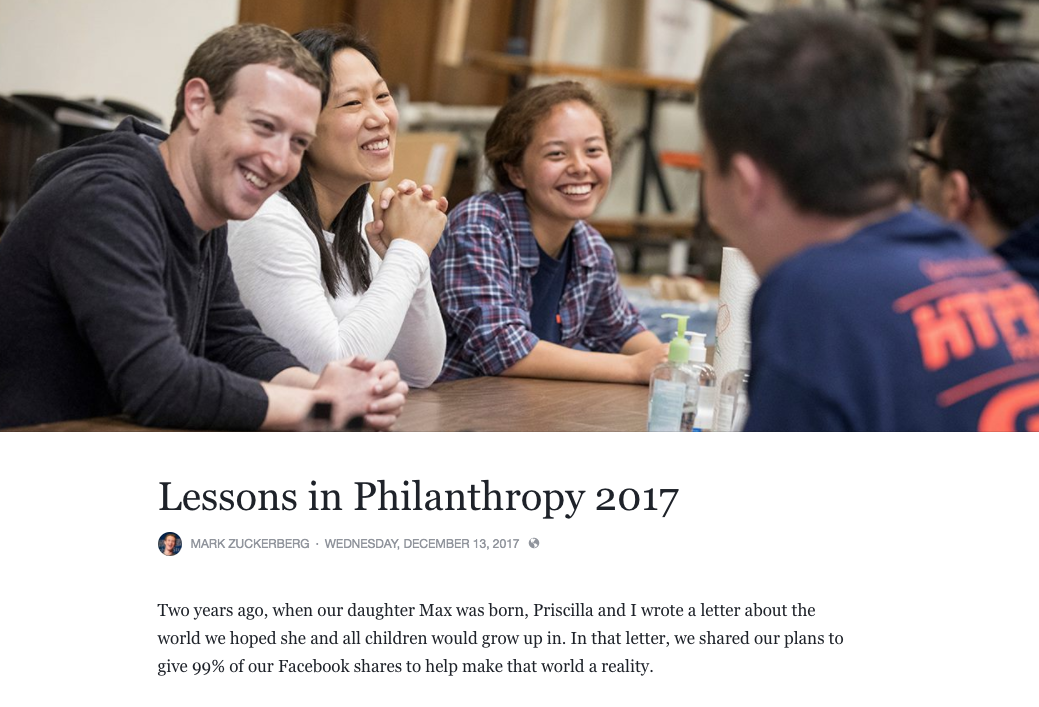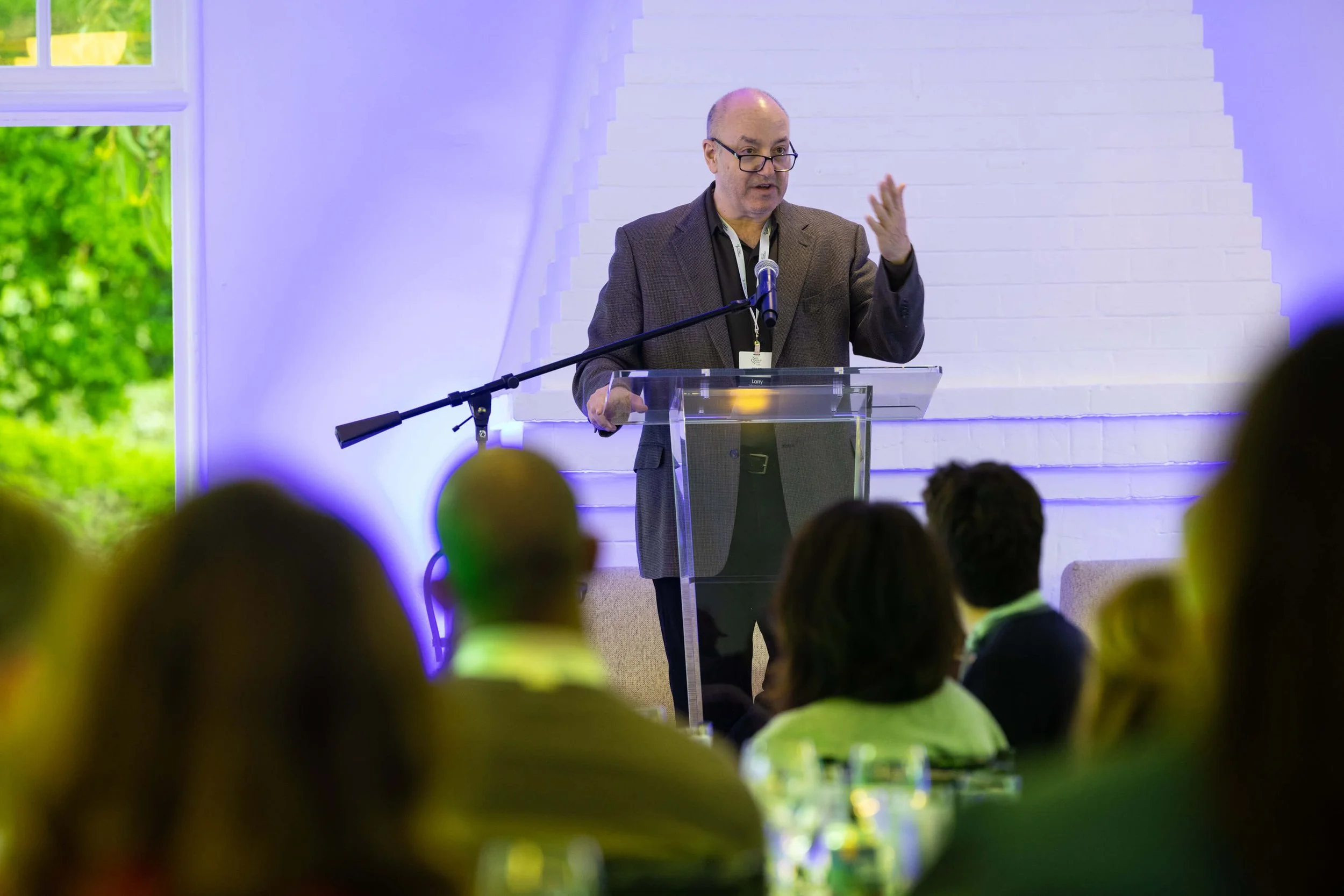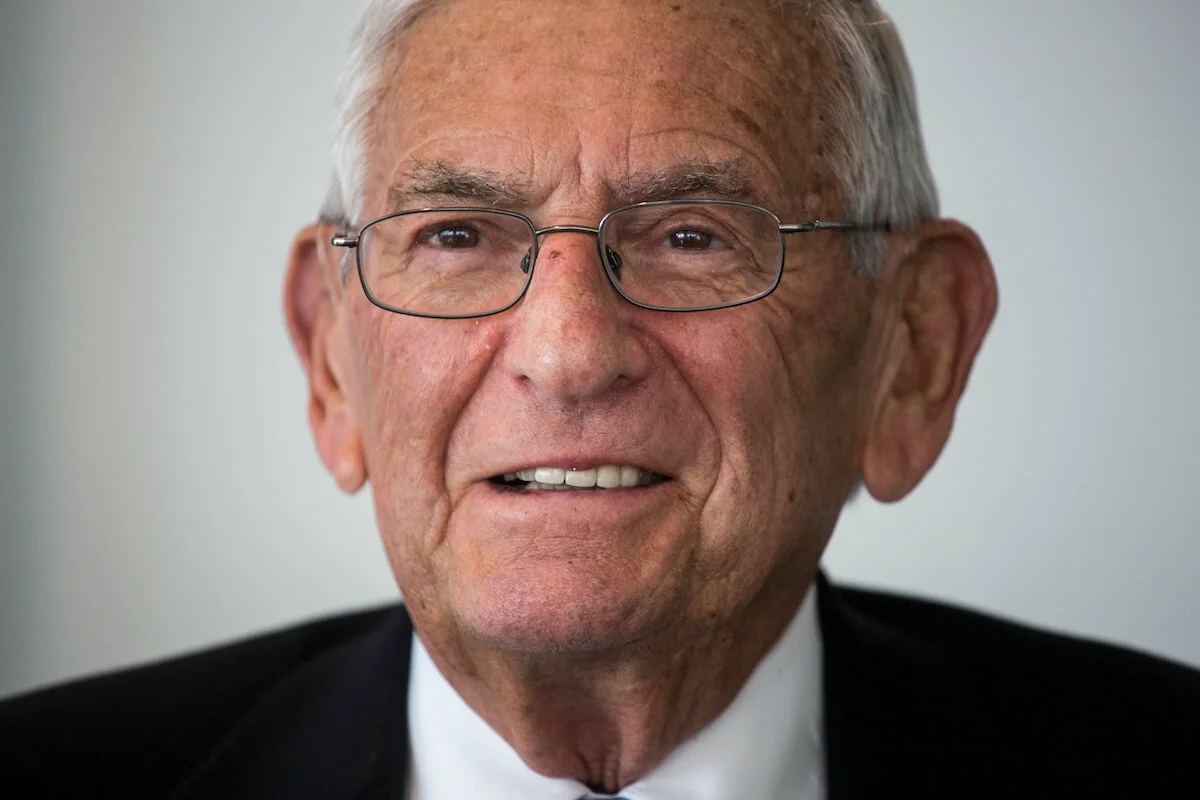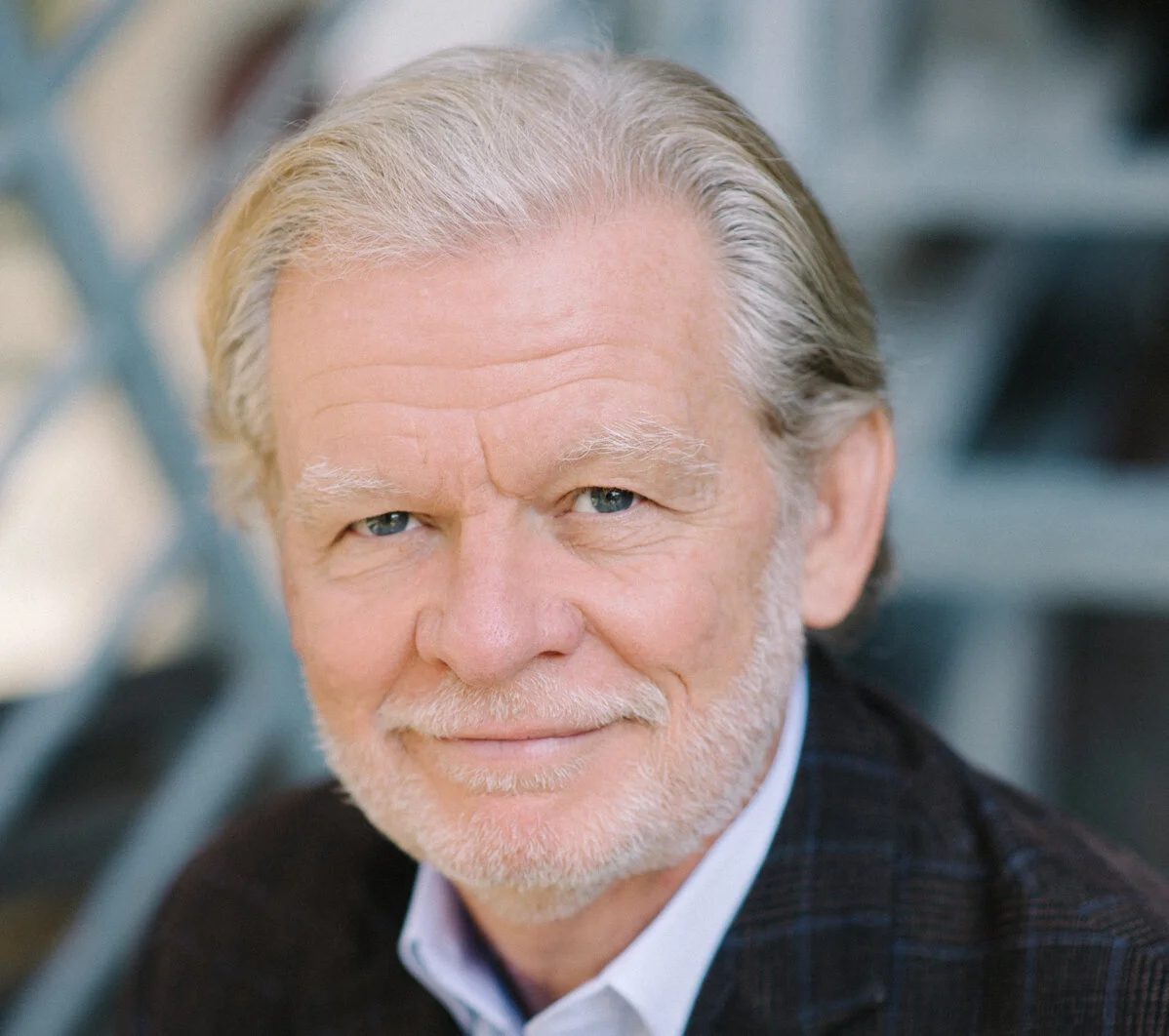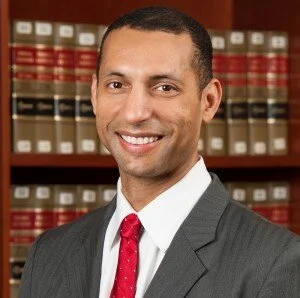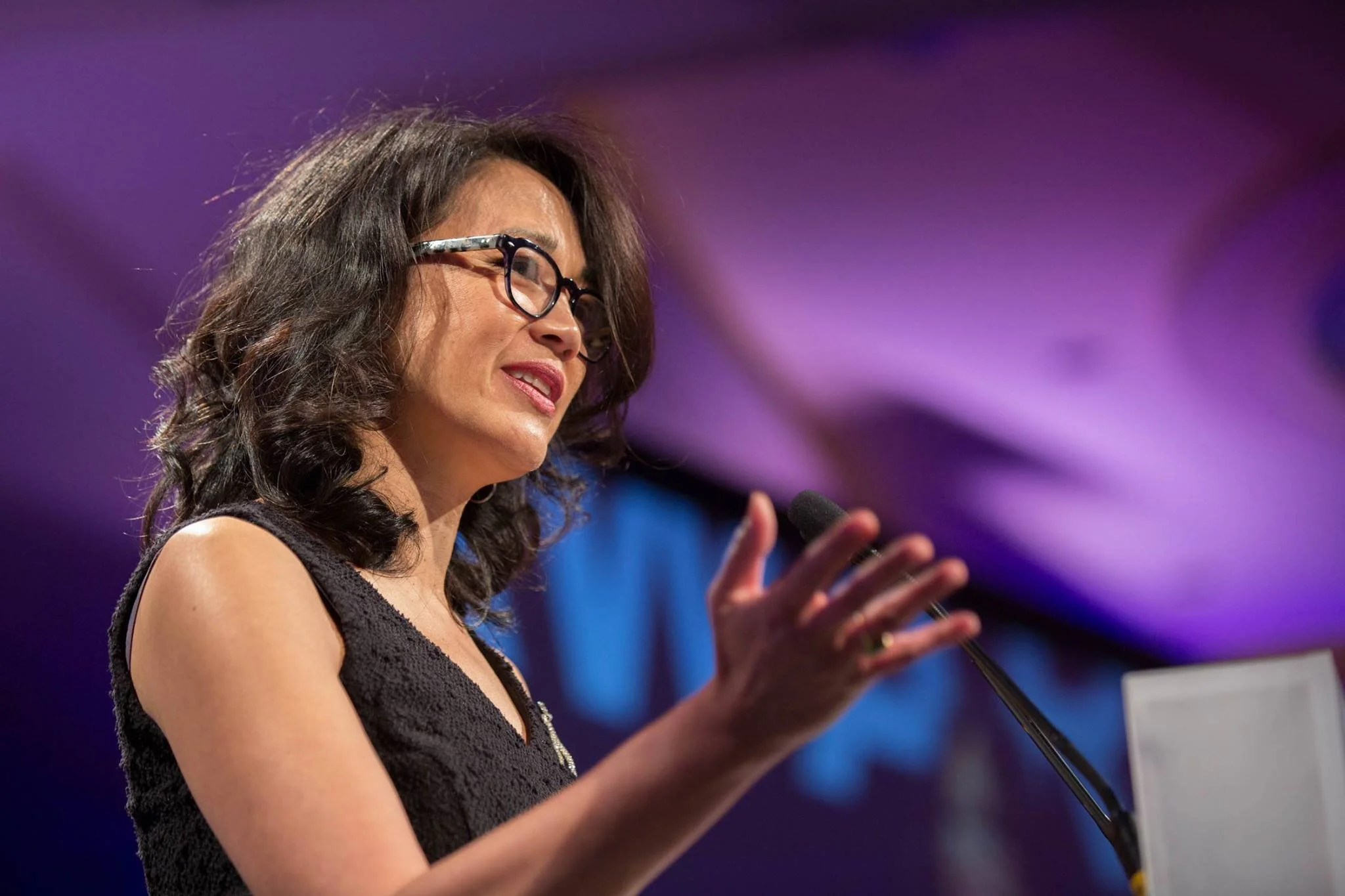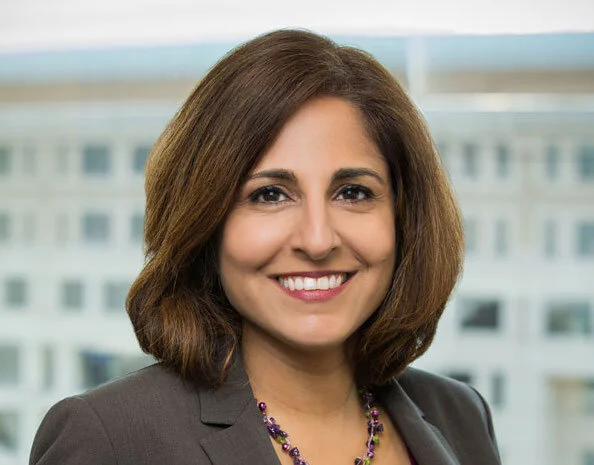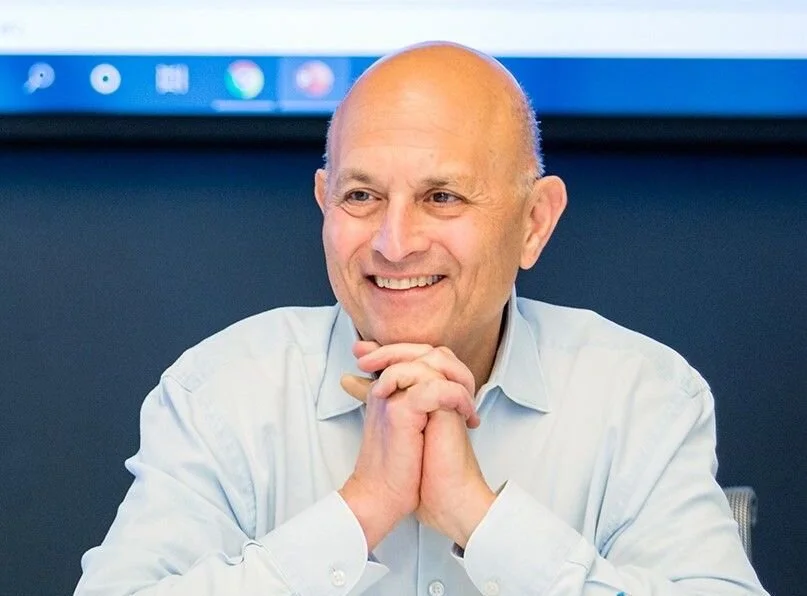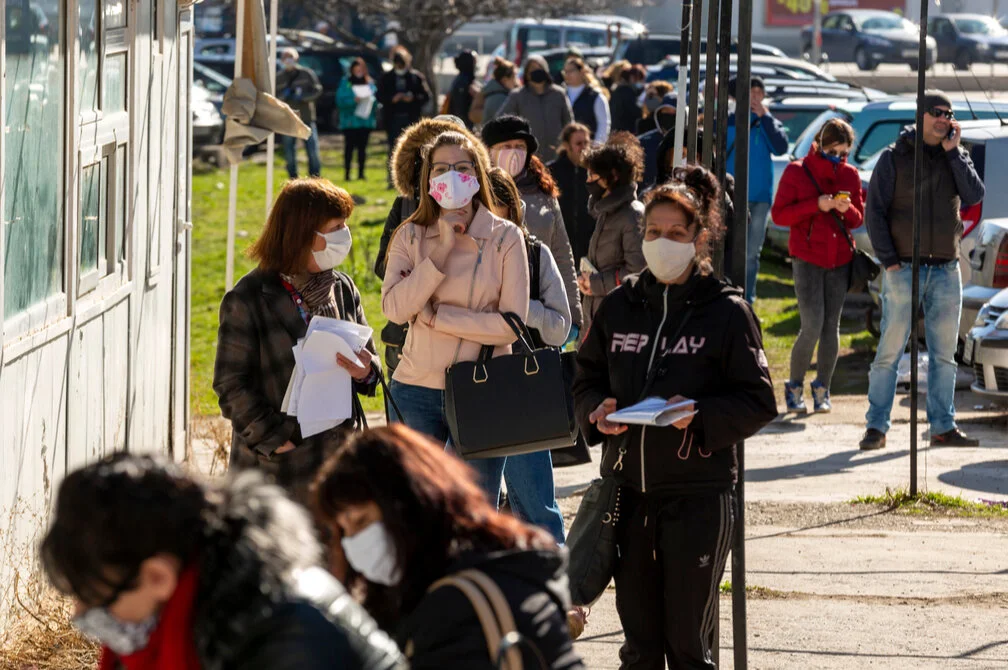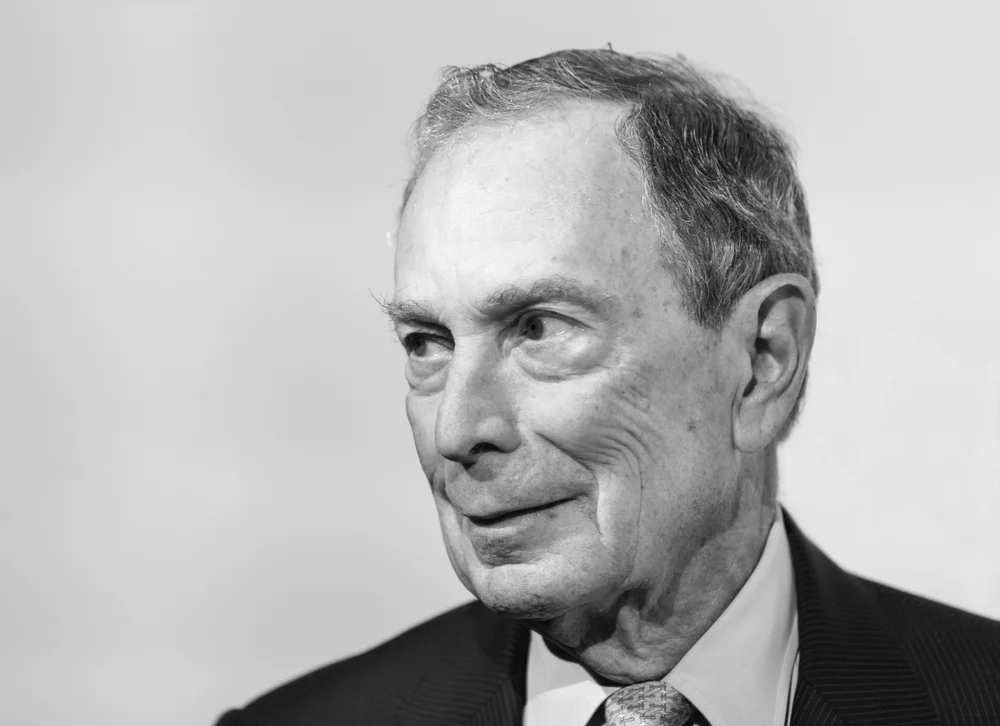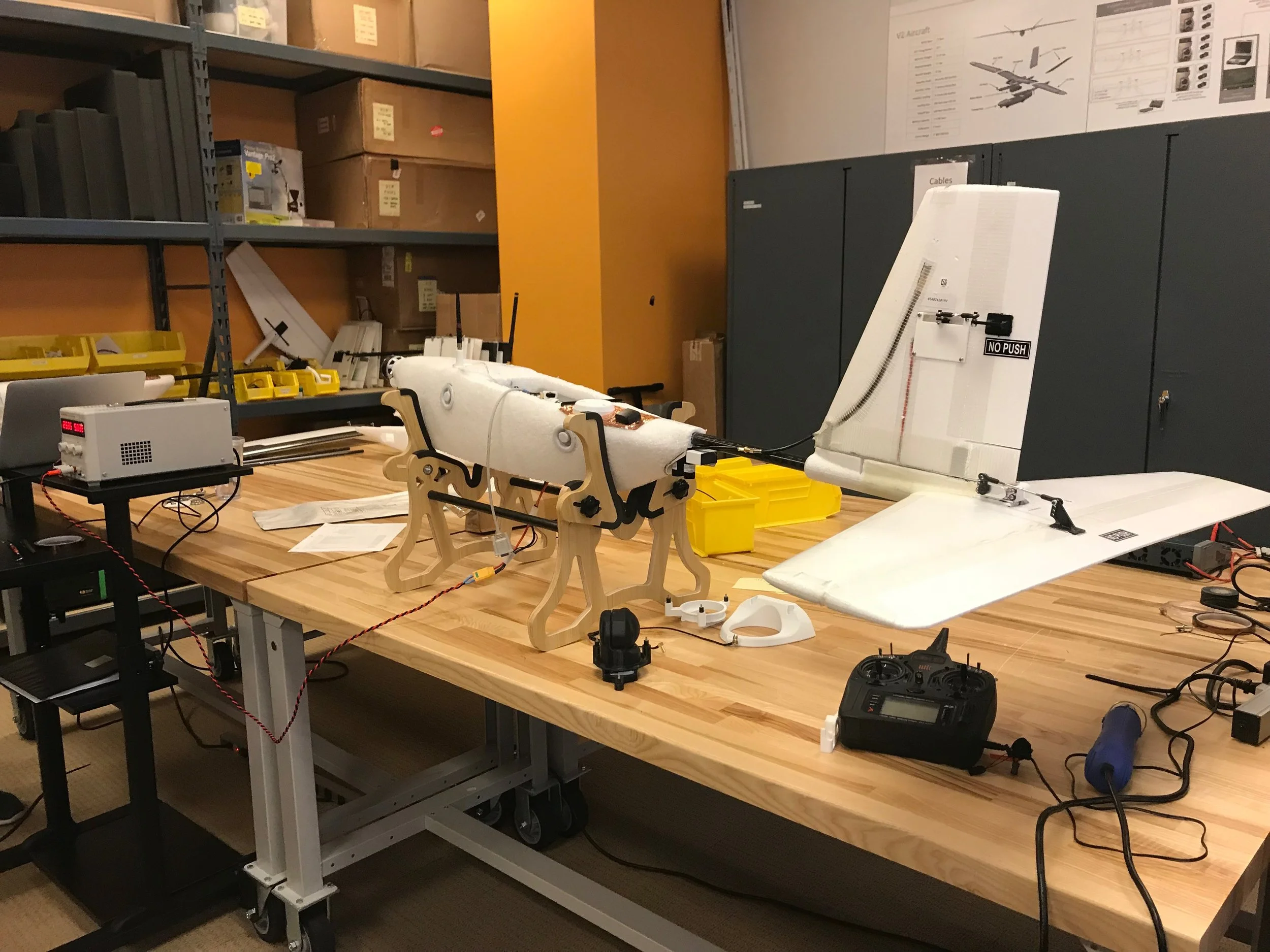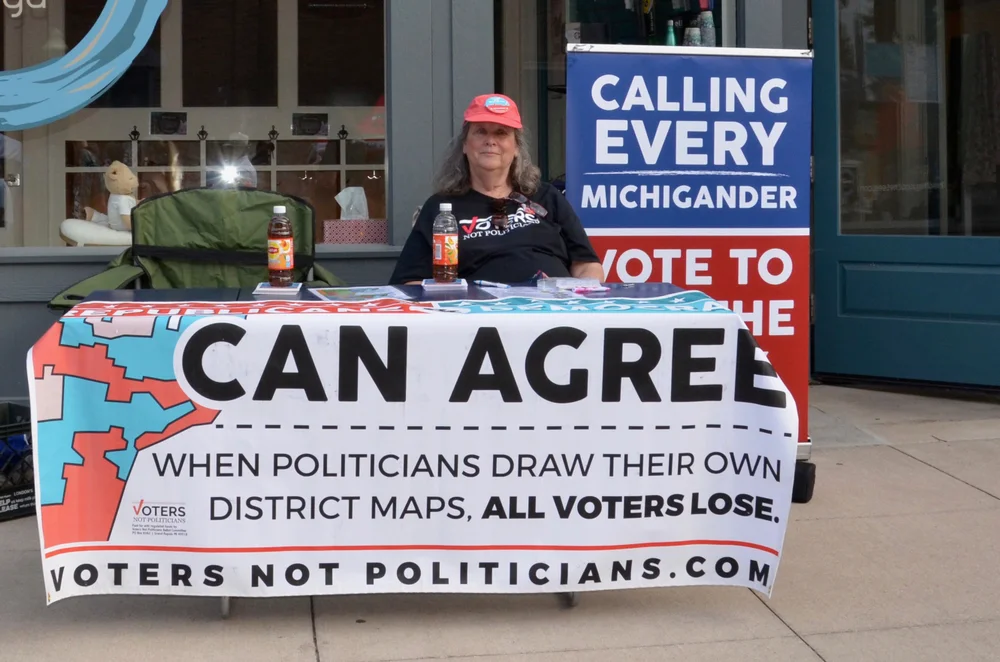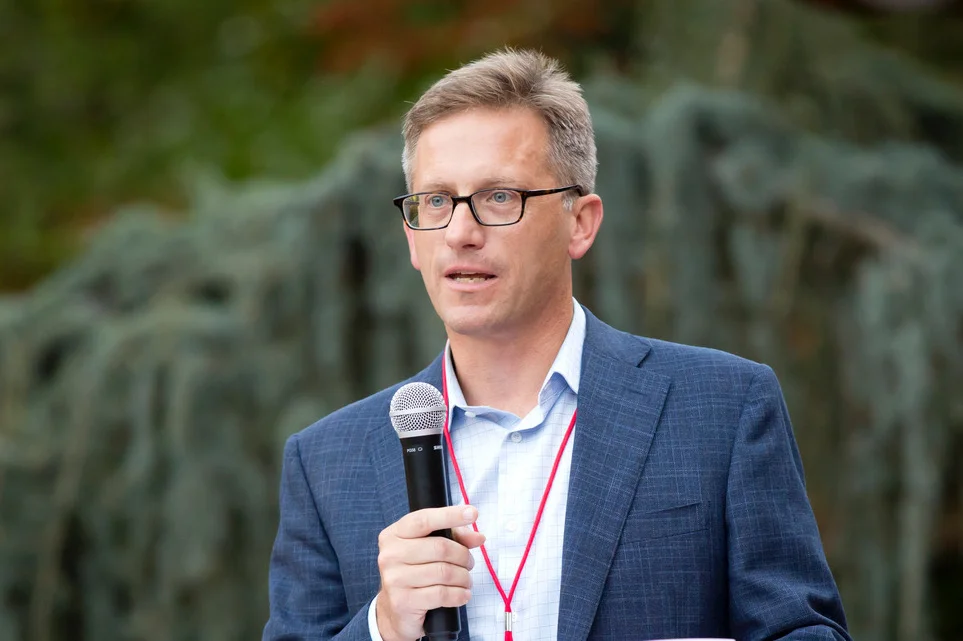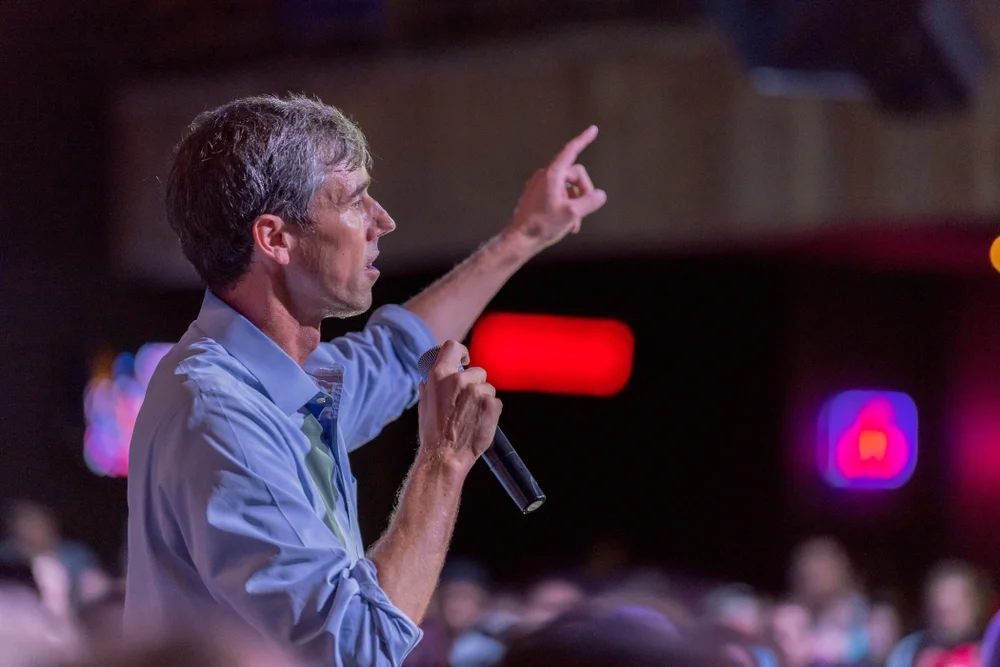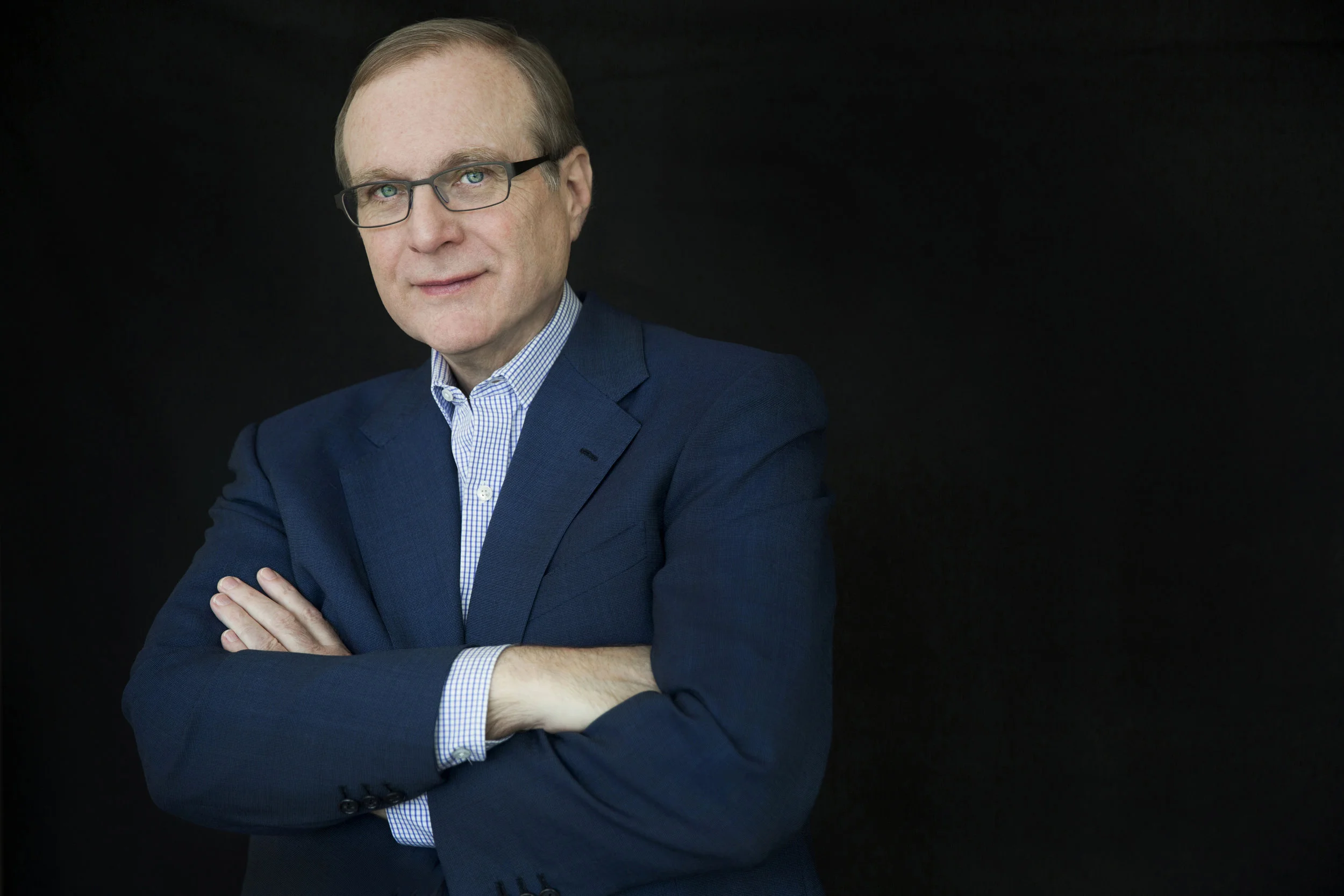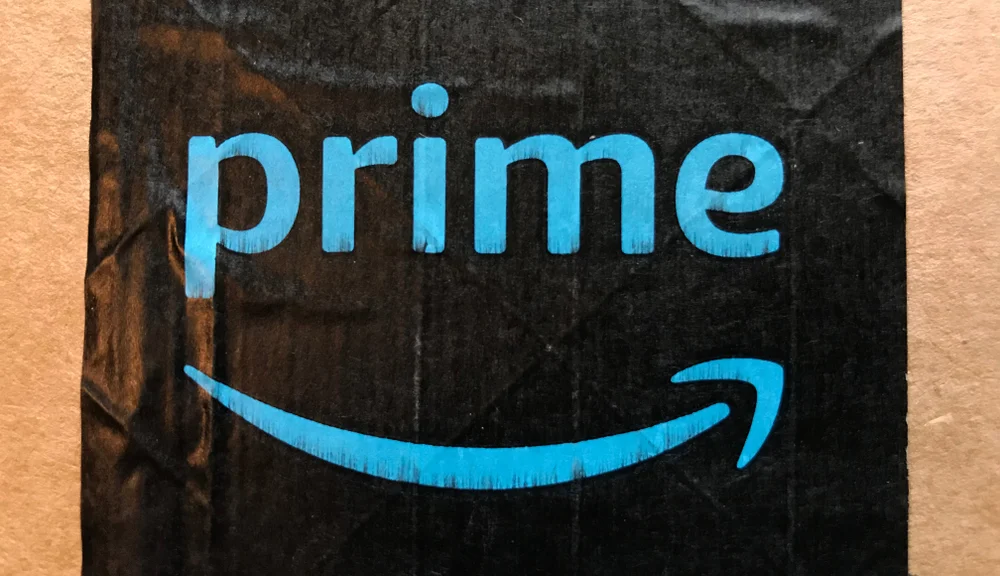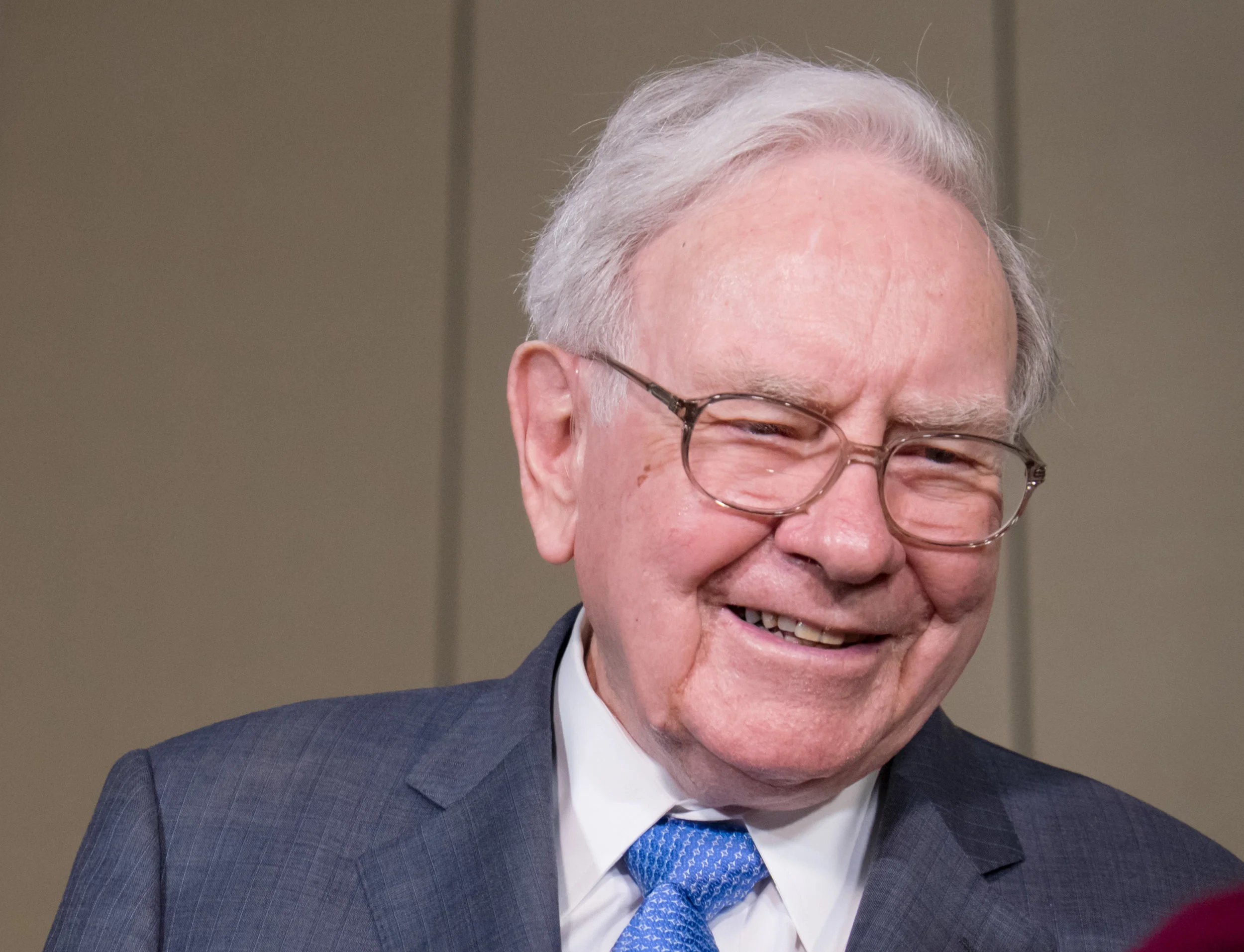The Bold and the Bland: Taking Stock of Chan and Zuckerberg’s Philanthropic Vision
/Mark Zuckerberg is the fifth-richest person in the world, and arguably its most high-profile CEO. He leads a company that engages more than 2 billion people, which, in the wake of the 2016 election, has come under intense criticism.
This puts him in a very tricky position as a philanthropist. Every move that he and Priscilla Chan make with their giving could potentially be used to feed a broader critique or attack of Zuckerberg and the company he leads. Zuck has already been seared in the public square for his philanthropy, in the wake of his 2010 gift to improve Newark’s schools.
There are a lot of reasons for the couple to play it safe with their giving. And yet, as we’ve reported, some of that giving is quite bold. This year, the Chan Zuckerberg Initiative—which is only two years old—has jumped into advocacy, using grant money and 501(c)(4) donations to push for affordable housing in the Bay Area, one of the most politically explosive issues in the region. It’s also rolled out new grantmaking for criminal justice reform, including backing JustLeadershipUSA, a group that empowers the formerly incarcerated to become leaders in the fight to reduce the U.S. prison population. Mark has said that he was influenced by Michelle Alexander's book, The New Jim Crow: Mass Incarceration in an Age of Colorblindness.
From the start, when Chan and Zuckerberg announced their plans to give away 99 percent of Mark’s Facebook stock, they made it clear that they wouldn’t shy from fighting in the arenas of policy and politics. This is one reason they created an LLC rather than a foundation. They reiterated that commitment in a recent public letter Mark posted on Facebook that offers an accounting of their philanthropy since CZI’s creation: “We're fighting for justice and opportunity so all this progress builds a better future for everyone.”
As CZI has ramped up in this area, it’s become clearer where the couple’s ideological sympathies lie. CZI’s president for policy and advocacy, David Plouffe, is the guy who helped elect Barack Obama and advised him in the White House. Sasha Post, who joined CZI at the start of this year to help scale its policy giving, previously worked at the Open Society Foundations, the Center for American Progress, SEIU and FWD.us, the group now near the forefront of the fight to save DACA.
The progressive tilt of CZI is risky for Zuckerberg and his company. Among the criticisms leveled at Facebook in the past year is the charge that it’s biased against conservative viewpoints. The more that critics on the right learn about CZI’s work, the more they may suspect that the man who runs America’s largest news provider is in the tank for the left. Oh, and one other thing: Republicans control all the regulatory levers of the Federal government, any number of which could be turned against Facebook as political payback.
Given these risks, Zuckerberg and Chan are showing real boldness in embracing policy and advocacy.
At the same time, though, there’s a less appealing side of their philanthropic vision, which can be seen in Mark's recent letter: a bland and uncritical techno-optimism.
Lots has been said about the grandiosity of the couple’s quest to cure, prevent or manage all disease by the end of the century. But while critics have rightly questioned the feasibility of that goal, there’s another problem with this quest: Chan and Zuckerberg make some naive assumptions about the likely gains from technological advances against disease.
In their recent letter, they state their hope that this work can move America past the harsh choice between more health coverage at a higher cost or less coverage at a lower cost. They write, “over a 20-year period, by helping scientists prevent and cure more diseases, our hope is to create a third option: provide everyone with great healthcare for less cost.”
But that outcome seems unlikely. The past half-century has seen any number of major gains against disease, thanks to biomedical research. And what’s happened to healthcare costs? They’ve skyrocketed. Quite a bit of evidence shows that medical advances have sent costs soaring. New treatments and technologies tend to be expensive. We’ve been living in a golden age of medicine—yet millions of Americans still have no coverage, and the U.S. lags badly on many healthcare indicators.
New biomedical breakthroughs could certainly help to control costs, especially if a cure can be found for dementia, which will otherwise cost trillions of dollars to treat in this century. But recent history suggests that the problems of healthcare cost, access and equity won’t be solved by biomedical research. Indeed, they could be compounded as new advances further drive costs in an era when millions of aging baby boomers will feel entitled to every last available treatment to improve or extend their lives.
It’d be nice to think this obvious conundrum is at least on CZI’s radar. There’s no evidence that it is.
Likewise, while there’s a lot to like in Chan and Zuckerberg’s education vision, which focuses on personalized learning, it seemed rooted in some naive expectation about the dividends of improving student outcomes.
Consider this statement in their new letter: “If you take a long-term view, most economic issues today can be solved for our children and the next generation by dramatically improving our education system.”
Really?
Here again, the historical record suggests otherwise. In 1940, only a quarter of Americans had at least a high school education, and under 5 percent had a college degree. Today, over 85 percent have graduated high school and nearly 30 percent have a four-year college degree.
The U.S. population is exponentially better educated now than it was 80 years ago. To be sure, these gains have yielded enormous economic benefits, starting with vastly increased national wealth and overall higher living standards. But there are a lot of economic problems that haven’t been solved by educational gains—or have actually been compounded by them. Inequality has soared in the past three decades. Earnings have plunged for unskilled workers. The same share of Americans live in poverty as four decades ago. The racial wealth gap has gotten worse, not better.
Even college graduates have experienced stagnant or declining incomes over the past 20 years. Student debt burdens have soared. In any case, many of the jobs that are created in the U.S. economy don’t require a college degree. Pay and benefits for these less-skilled jobs has cratered since the 1970s. Down the line, many of these jobs might not exist at all, thanks to automation.
There’s no question that improving education is a good thing. And I like CZI’s approach here, which looks past the limited and polarizing vision of K-12 reformers, with their fixation on a charter model that will never scale. But as with healthcare, it’d be nice to see Chan and Zuckerberg temper their statements in this area with more acknowledgment of the larger structural obstacles that exist to upward mobility in America, many of which can't be fixed through education alone. It's not like both of them aren't well aware of those obstacles. But when they or others at CZI starting waxing on about personalized learning with new technologies, certain facts of life can get omitted from the narrative.
Overall, CZI is on an exciting trajectory, and it’s been inspiring to see the energy and passion that Chan and Zuckerberg bring to their giving. Priscilla has been especially impressive in taking leadership of a complicated and intimidating enterprise.
But there’s a disconnect within CZI so far. The new policy and advocacy work, which does engage systemic inequities and the realities of power, seems to exist on a separate planet from the health and education work—which feels rooted in a naive faith that engineers and scientists, which CZI is now hiring by the dozens, can solve our biggest problems.
Let’s hope that things get more integrated at some point. I’m betting they will. After all, when it comes to the philanthropy of Mark Zuckerberg and Priscilla Chan, we’re still early in the game. This young couple could literally spend the next half-century disposing of one of the greatest fortunes ever created. They have a lot of time to learn and evolve—and seem determined to do exactly that.

